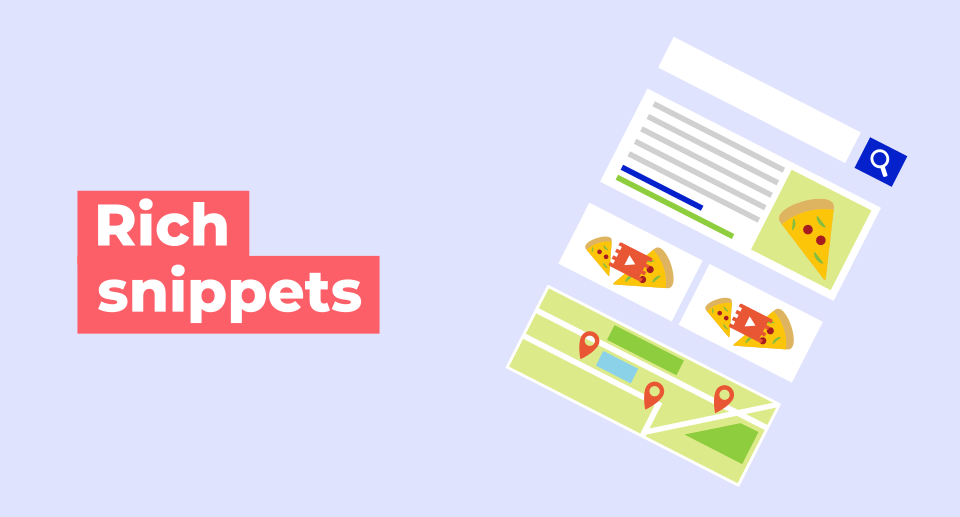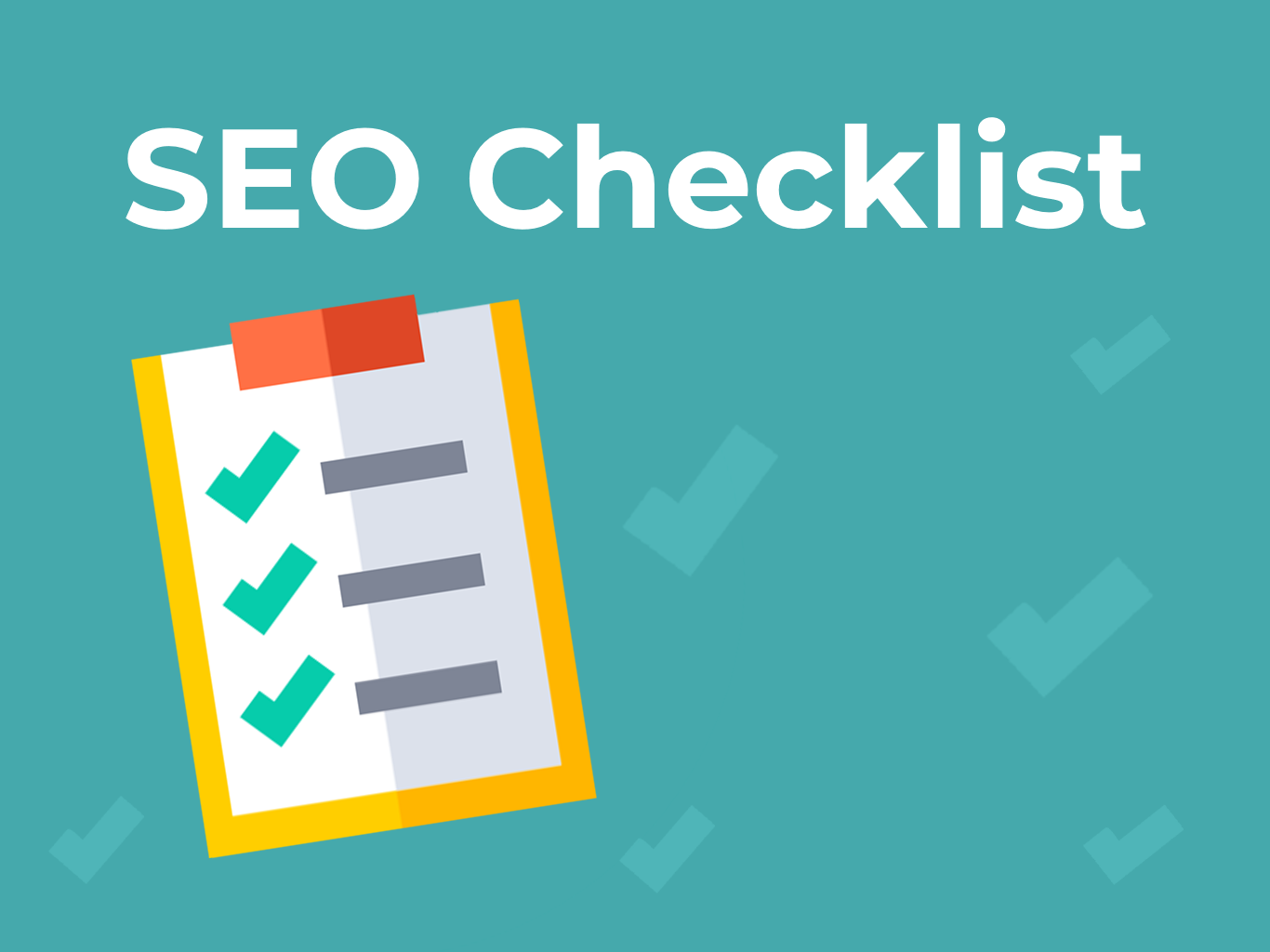Google suggests we 'certify outgoing links' utilizing the link characteristic 'nofollow':.
Use rel=" sponsored" or rel=" nofollow" for paid links.
Use rel=" ugc" or rel=" nofollow" for user created material links.
Usage nofollow on widgets, styles and infographic links.
Do not utilize nofollow on every external link on your site.
Do not utilize nofollow on internal links.

Connect out normally to beneficial resources without utilizing nofollow.
Google says Nofollow is a "tip for us to integrate for ranking functions".

When it pertains to search engines like Google, a link from one site to another website is a 'vote' for the site that has the link pointing to it (an example of a link that passes Pagerank).
Hyperlinks aid Google rank documents on the internet in its SERPs (Online Search Engine Outcomes Pages), and as such, have long been abused by link builders. I used to be among these types of link contractors (before 2012 when Google released the Google Penguin algorithm upgrade).
Search engines like Google, ask that you sufficiently supply machine-readable disclosure and include the'Re= Nofollow' attribute to ANY paid links on your site or any paid links you PURCHASE that indicate your website.
This guarantees the link will not count as a vote or suggestion for another page nor will it pass Pagerank nor any other ranking signal.
Failure to include the Rel= Nofollow credit to paid links places your site in a 'link plan' and eventually damages the reputation of your website, as far as Google's algorithms are worried.
Utilizing the HTML quality on an external (outgoing) link tells Google you don't vouch for this other web page enough to assist it's search rankings.
The characteristic also efficiently 'insulates' your website versus any loss of 'credibility', as Google calls it, when you connect out from your website. Google classifies paid or other-wise non-disclosed monetised links 'abnormal links'.
You can get a Google penalty or manual action Additional info for abnormal links.
Example "Nofollow" Link Code.
Rel= nofollow is an attribute you add to a hyperlink on a website:.
Google would choose all non-editorial links marked-up with the characteristic rel=" sponsored" (or rel=" nofollow)" to prevent these type of links passing Pagerank and influencing SERPs.
This consists of:.
paid links.
news release.
advertorials.
affiliate links and.
native marketing.
This is to separate such links from naturally made backlinks-- the type of links Google intends to reward.
Arguments.
The questionable (for SEO) Rel= nofollow quality has actually been around considering that 2005 and is here to stay. Paid links without the quality are REALLY RISKY to search engine rankings for your site. Naturally, with the characteristic, the natural search engine worth of paid links is efficiently neutralised.
There are a lot of people who argue about utilizing the quality; when to use it, where to utilize it, if it can be used to sculpt link equity, how it impacts Google PR and even exactly how Google handle a nofollowed link.
There's been observations and arguments advertisement nauseam that "nofollow links pass PR" or "that you can shape internal PageRank" or that Google's recommendations is misleading or unreliable. Keep in mind: I believe Google tells us a lot about what will adversely impact the performance of your website in Google-- it's all there in web designer videos, webmaster guidelines and the manual search critic quality rater guidelines.
As there often is, there has actually been confusion when it concerns how Google deals with nofollow links.
I think nofollow is as Google says-- efficiently a non-link when it pertains to ranking your website. At least-- it is implied to be.
Most of the times, you can anticipate links with 'rel= nofollow' will not influence your search rankings in a positive or negative way in the standard sense. Who knows if Google cares about real users who visit your website via a genuine editorial nofollow link? They might.
Nofollow is machine identifiable sponsorship disclosure to Googlebot so Google can handle it appropriately.
When it concerns paid marketing and sponsorship to endorse items, it is law in many nations you must disclose any paid advertising relationship anyway.
How does Google treat websites where all external links are no-follow?
Among my customers was linking out to genuine and relied on sites from pages on his site and included rel= nofollow to the links since he thought this was helping his site. This is unnecessary.
There's no reason to put the characteristic on editorially authorized links.
In my experience, if you compose an article and use the quality on all links on your blog for no other factor than to save Pagerank, and even believe connecting out to unimportant websites will harm your site, you're misguided at finest.
Google does not punish you for linking to unimportant websites if both pages in question relate to each other.
Usage nofollow just if you don't wish to vouch for the page you're linking to, for worry of losing reputation OR if your website is made with "user produced material".
I proceed believing that Google may be taking in the quality or precision of your outbound links in some minor way to measure your track record, so don't miss out because you are effectively not linking to anyone.
Think about, the link you make may be the link that helps another REAL website get traffic from Google and satisfy Google's users-- that's not a bad thing for anybody.
I have little reason for the quality these days outside of user-generated remarks and affiliate links. I do not use it to shape Pagerank, and I don't utilize it in any arena where editorial moderation is in play.
I just utilize it for websites that don't should have the link to be search engine friendly and in 99% of the cases, if I don't have any reason to rely on a website, I won't make the link a link at all.
Animal hate-- websites where every outgoing link is nofollow.
Should I Use Nofollow To My External Social Media Profile Hyperlinks Like Twitter, Facebook and Linkedin?
NO.
Why would you after reading the above. Do not you want your social networks profiles to rank in Google and be connected with your site? The nofollow quality (we were told) 'vaporizes' the Pagerank your page needs to 'donate' to other pages on the web and passes no potentially positive 'signals' along to the other page.

Your site obtains no gain from applying nofollow to social media profile links, and if you do apply the rel= nofollow credit to such links, neither do your social networks profiles.
Whatever you do is going to have a small effect on your own site rankings, but linking naturally might help your social networks profiles significantly.
Keep nofollow for paid links, user-generated material and websites you do not trust for some reason.
Can Nofollow Links Hurt You?
No.
Unless you are spamming people silly and annoy the Google Web Spam team.
Should I Add Nofollow To My Widget or Infographic?
Should you apply nofollow to widgets? It is recommended.
KEEP IN MIND-- You can likewise utilize robots meta tags or X-Robots-Tag HTTP header to manage how Google deals with ALL the links on a page if you choose you truly require that in certain situations.
You can also obstruct actual pages utilizing robotic txt (or X robotics or meta tags) or block outbound links via redirect scripts if you are fretted about losing trust and track record in Google and dream to prevent the nofollow characteristic entirely.
Should you use nofollow to infographics? "Consider" it.
As an aside, here's an infographic on "when and how to use" nofollow from Search Engine Land whose creator is now a Google spokesperson (who blogged about the problem of nofollow in 2009, to0).
This infographic is consisted of without the nofollow characteristic and included on this page because it is in fact beneficial and I want to reward the developer of it-- but that's fair disclosure, isn't it?:.